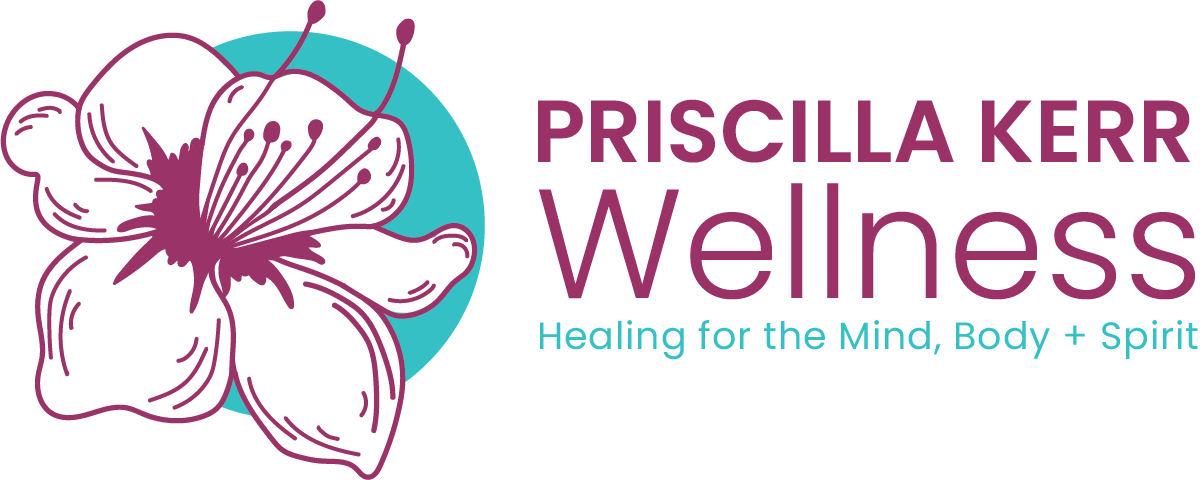Eastern Explanation
In Traditional Chinese Medicine (TCM), acupuncture is rooted in the concept of Qi (pronounced “chee”), the vital life force that flows through the body. Qi travels along channels known as meridians, which connect the body’s organs and regulate overall function.
When Qi becomes blocked, stagnant, or unbalanced, illness or discomfort may arise. By inserting fine needles into specific acupuncture points along these meridians, practitioners help restore the smooth flow of Qi, bringing the body back into balance. This process promotes natural healing, relieves symptoms, and enhances overall well-being.
Western Explanation
What Is Acupuncture?
From a biomedical perspective, acupuncture is a therapeutic technique that stimulates specific points on the skin or just beneath the surface. These points influence the body’s biochemical and physiological processes, encouraging healing and restoring balance.
How Acupuncture Works
Modern research shows that acupuncture points are highly responsive, with unique electrical properties. When needles are gently inserted, they stimulate sensory nerves that send signals to the hypothalamic-pituitary system—the brain’s center for regulating hormones and neurotransmitters.
This process triggers several measurable effects:
- Endorphin release – Acupuncture increases production of the body’s natural painkillers, which are up to 200 times stronger than morphine. This helps manage chronic pain (e.g., arthritis, migraines, PMS) while also regulating hormones and supporting reproductive health.
- Serotonin regulation – By balancing serotonin levels, acupuncture can improve mood and help reduce symptoms of depression, anxiety, and sleep disorders.
- Improved circulation – Enhances oxygen and nutrient delivery throughout the body.
- Reduced inflammation – Helps calm inflammatory responses that contribute to pain and disease.
- Muscle relaxation – Relieves tension and stiffness, supporting mobility and recovery.
- Immune support – Stimulates T-cell production, strengthening the body’s defenses against illness.
A Natural and Holistic Approach
By combining these Eastern and Western perspectives, acupuncture is understood as both a holistic energy-balancing practice and a scientifically validated therapy. Whether used to manage pain, improve fertility, support mental health, or boost immunity, acupuncture offers a safe, natural, and effective path to overall wellness.

